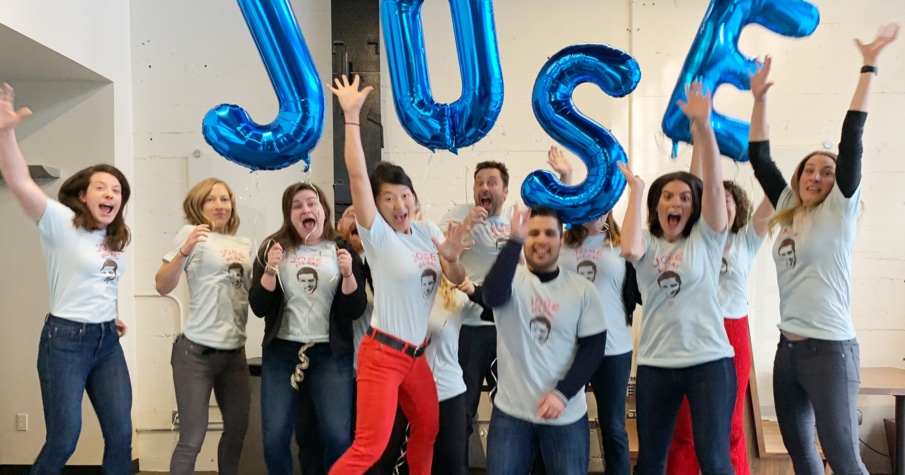However, the power of purpose is hardly exclusive to small businesses. A Deloitte survey, conducted with organizations with more than 100 employees, found that 73% of people who work for a “purpose-driven company” are engaged, while just 23% of those who don’t work for such a firm are engaged.
Gerry Anderson, CEO of DTE Energy, learned this when amidst the recession he refocused his 10,000-person company around shared purpose and saw total shareholder return up 275%. As he says in this Harvard Business Review interview:
“I mean it’s a simple thing, but if you want a company to be excellent you have to draw people’s discretionary energy, their extra energy. Well, what do you give your extra energy to? I give it to things I care about and believe in.”
This exchange cannot be not one-sided, however. Anderson cautions business owners to think of this as a mutual agreement.
“One of the cornerstone principles is respect for people. You cannot ask your people to go to bat for the corporation unless they sense that you’re going to bat for them. It’s just an unfair exchange. You can’t ask for their heart and their energy, but not provide something equally meaningful in return.”
Building a Culture of Purpose
And how do you go about providing that meaning? By giving employees something to believe in and rally behind. A higher purpose is not about economic exchanges. It reflects something more aspirational. It explains how the people involved with an organization are making a difference, gives them a sense of meaning, and draws their support.









